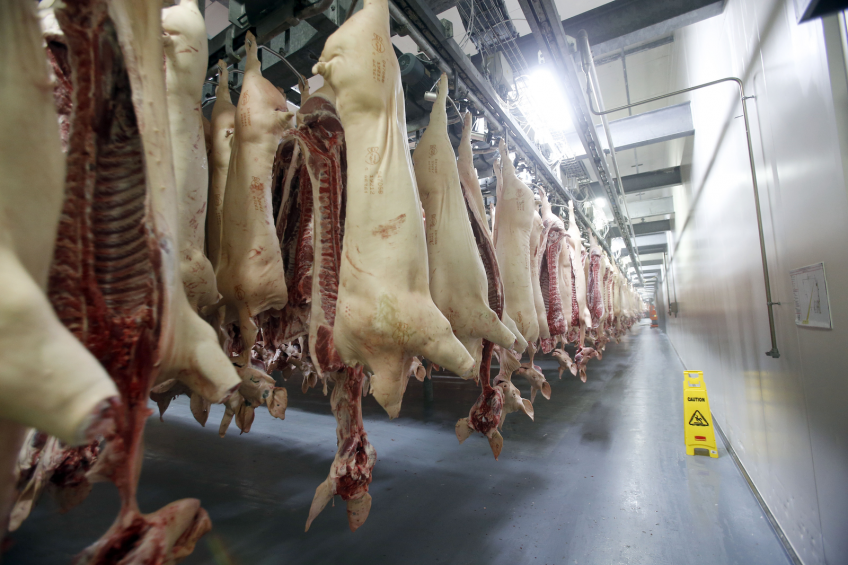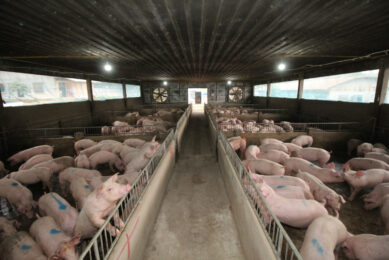Pork trade ban with Russia may be a lasting one

The trade conflict between the European Union (EU) and Russia is likely to become a lasting one, despite the World Trade Organization (WTO) having intervened.
Recently, WTO experts expressed their opinions on the Russian ban on EU pork. The import ban was implemented by Russia when African Swine Fever (ASF) was confirmed in 4 eastern EU countries, Latvia, Lithuania, Estonia and Poland. Unclear for now is the exact details of the WTO report – the confidential document was only sent to the parties involved and shall only become public in 1 to 2 months.
“Import ban for entire EU is disproportional”
Likely, the WTO will rule that the import ban for pork from the entire EU is disproportional. Frans van Dongen, spokesman for the Netherlands central meat organisation, told Dutch agricultural news title Boerderij that the WTO most probably will advise to follow recommendations by the World Organisation for Animal Health (OIE). The OIE recommends only to ban pork from infected regions.
Van Dongen added that in his view Russia would be happy to negotiate the exclusion of countries instead of regions. Politically, however, this is a delicate issue, and Poland is especially against this solution.
Also interesting: Oversupply is a threat for Russia’s pig industry
A request to abandon subsidisation of new pork production investment projects has been made by the Russian Union of Pig Producers to the Russian government.
Implementation time
Should the WTO indeed follow the OIE recommendations, then there’s still a long way to go. Wiebren van Dijk, a Dutch diplomat in Geneva, Switzerland, focusing on e.g. WTO matters, told Boerderij that things are always balanced. He added that none of the parties involved will be considered to be 100% right. He said, “There will always be recommendations about what countries need to adjust.”
For that, countries will get a ‘reasonable period of time’, for implementing certain measures in its legislation – varying from 8 months to 2 years. Russia for instance could come up with negotiations with all EU member states or opt for an appeal. Van Dijk, “In almost 70% of the cases recently the route of an appeal has been taken.” An appeal could take another 6 months.
EU ‘ASF-free’ certificate
Should Russia choose to implement the WTO suggestions, a practical problem remains as well. All EU member states use the same export certificate. This certificate notes that the entire EU, with the exception of the island of Sicily, Italy, which is free from ASF. A new certificate is therefore necessary for either the entire EU except the new infected areas – or a new certificate would be needed for each individual member state.











